How did cutting out chocolate for 46 days radically change my approach to healthcare forever?
Have you ever tried to cut out chocolate for lent? Such a simple symbolic gesture. It’s really just supposed to make us reflect on a time when Jesus spent 40 days and nights fasting in the desert. Where I grew up in Northern Ireland nearly everyone did this.
The thing about lent is that it’s 46 days from Ash Wednesday to Easter Sunday. But the period of fasting or intentionally trying to be a better person only officially lasts for 40 days. So this means that you can have 6 days off during lent.
That suited me fine when I was a kid, because my birthday lies in lent. So does St Patrick’s day, a few of my cousins’ birthdays, and several Sundays. So growing up I’d have a day when I could eat chocolate every week during lent.
But then in 2010 I decided I would “do lent properly”. I set my intention to go off chocolate for the entirety of lent. I stuck it out, and something really interesting happened that I hadn’t been expecting.
The acne that I had suffered from since my early teens got markedly better.

At first I thought “Hallelujah! I’ve finally outgrown my acne!” At the tender age of… you know what? We don’t need to talk about my age! Let’s just say that I was no spring chicken.
Granny had always reassured me that everyone had acne as a teenager, and not to worry, because I too would outgrow it. Suffice to say I had left my teens behind quite a long time before.
Easter told a different story…

A link between acne and diet
Easter Sunday arrived, and so did the Easter Bunny. As usual I enjoyed my Easter Egg, and chocolate, and whatever dessert was going (my mum makes a cracking rum chocolate mousse).
Unfortunately about 2-3 days later it appeared that the Easter Bunny brought back my acne as well.
“That’s interesting” I thought. “I’d better see if this was a coincidence”.
So I went back off chocolate again for a few more weeks. Sure enough my skin improved again. And after I reintroduced chocolate, you’ll never guess what happened… I had a breakout.
But it was clear that it was taking my skin at least a week or 2 to clear up after each dalliance. And that it took about 48 hours for it to start breaking out, and another 2-3 days for the spots to reach their zenith.
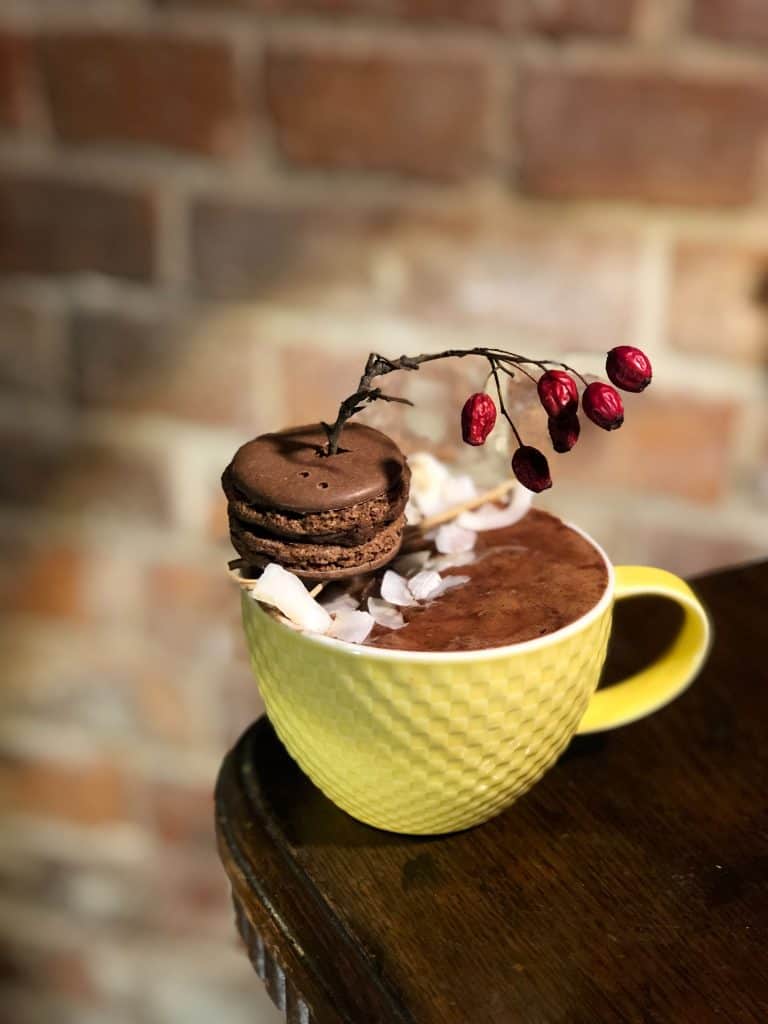
Following standard dietary advice and conventional medical treatments compounded my health problems...
...Could something similar happen to you without you realising it?
This was the catalyst that led me on a quest to identify other dietary factors that could affect my skin. My curiosity was well and truly piqued. I did find lots of other culprits, and pretty soon my path led me to the Paleo diet.
It turns out that the Paleo diet is an antidote to many modern scourges.
Before trying diet I had tried all the conventional medical approaches to acne…for at least a decade and a half. These had started with fairly innocuous treatments like topical benzoyl peroxide. But each rung on the treatment ladder became more and more toxic, and I tried all of them.
Topical antibiotics paved the way for the oral contraceptive pill, which permitted the use of oral antibiotics and eventually roaccutane (a treatment notorious for causing psychiatric disturbances severe enough to result in suicides in many young people). The roaccutane worked… briefly.
What I didn’t appreciate at the time was that these conventional acne treatments could have long lasting or permanent effects on my health and metabolism. I also discovered that the link with acne wasn’t a recent one. The oldest published research that I could find linking diet with acne went back almost a century.
All of this was a revelation:
- Diet could be a powerful ally in the battle for better skin
- Conventional drug treatments weren’t always the most powerful tools in our arsenals
- Drugs were often used to suppress symptoms caused by other imbalances, but seldom got to the root cause
- Antibiotics are being seriously overused when they aren’t necessary. We’ve all heard about the threats from antibiotic resistance. We need to conserve antibiotics for when they’re necessary, and if a dietary change can do the same job, then an antibiotic isn’t always needed
- Many of us are victims of a mismatch between our genes, our environment, and our gut microbiomes
- Mood changes and reduced self esteem with acne aren’t only a result of feeling self conscious about your skin. There are common underlying root causes for acne, anxiety and depression which are grounded in chronic systemic inflammation and metabolic damage. I go into these in a lot more detail in this post on all you need to know about how to deal with anxiety.
Even if you don't suffer from acne, chocolate and processed foods might be causing you other health problems
My foray into nutrition began with cutting out chocolate because of acne. But even if you have perfect skin, you might have other health challenges related to your diet that are motivating you to cut out chocolate. Some of these may be more obvious than others. So it’s worth considering getting off chocolate and other processed foods if you suffer from:
- acne or rosacea,
- dental cavities,
- poor gum health,
- headaches/migraines,
- diabetes,
- metabolic syndrome,
- high blood pressure,
- chronic fatigue,
- autoimmune conditions,
- obesity or overweight,
- irritable bowel syndrome,
- gastroesophageal reflux (GERD/GORD),
- depression,
- anxiety,
- irritability,
- brain fog,
- polycystic ovarian syndrome (PCOS),
- painful, heavy periods.
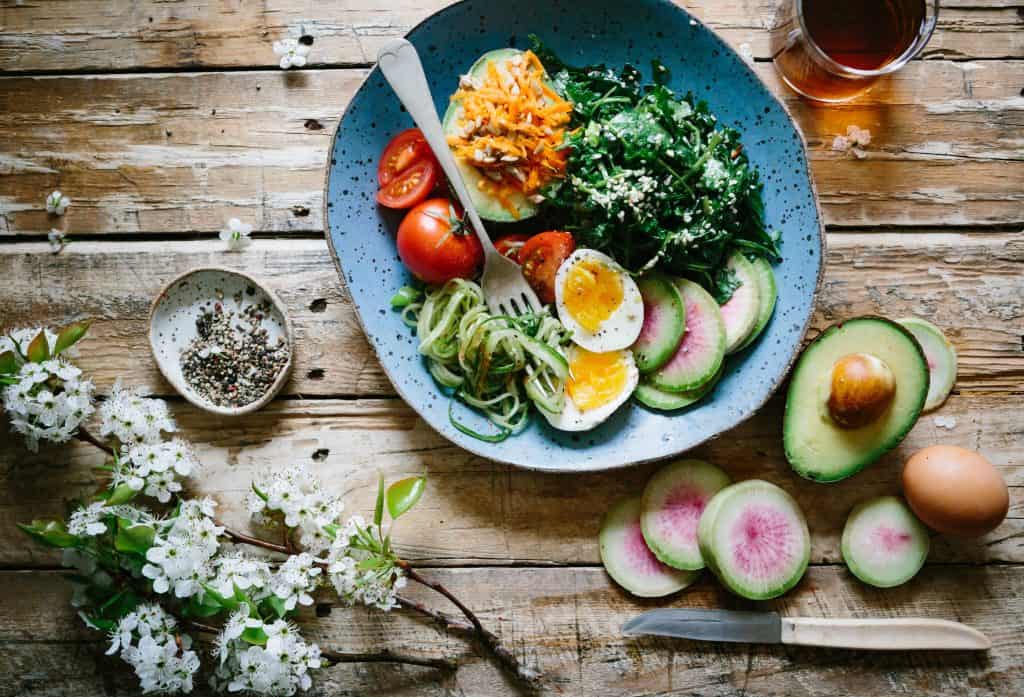
Do I still get cravings for chocolate?
It’s now been a couple of years since I’ve had any chocolate and I don’t get any cravings for it anymore. But since 2010, I’ve quit chocolate on multiple occasions. The first few times were the hardest. For a couple of weeks after cutting chocolate out, I’d notice major cravings.
Having said that, my chocolate habit changed a lot. Before 2010, milk chocolate was my favourite. But after I cut down on my sugar intake, I found that milk and white chocolate were far too sweet. Many of my clients also notice their taste buds alter when they change their diets to cut out sugar, artificial sweeteners, and store-bought desserts.
Instead of milk chocolate, I started enjoying dark chocolate. Even though for years I’d found dark chocolate far too bitter, I developed a taste for high quality 80% cocoa content and higher. In fact, I enjoyed right up to 100%!
But events over the last few years led to me playing around with my diet again. From a paleo diet, I was able to reintroduce dairy, white potatoes, and even some pulses for a while. Then I had my gadolinium-contrast MRI in 2016, my weight started ballooning, blood pressure went through the roof, I felt like I was developing metabolic syndrome, and other health problems started to arise. So I went back onto a ketogenic or very low carbohydrate diet. And that did help to a degree. It reversed some issues I had and slowed the progress of others.
On the AIP diet, cocoa and chocolate aren’t permitted. So I said goodbye to chocolate yet again (I’d actually cut it out several times for shorter stints since 2010). Even after changing to the AIP diet, I’ve continued tweaking things. Now I’m on a hypercarnivore diet, even going about 99% carnivore at times. Yes – I know all the cool kids seem to be going carnivore these days, and me too, now! It seems that many plants no longer agree with me that well. I think the cause for this is related to the phenomenon of Toxicant Induced Loss of Tolerance (TILT) which I discuss in this article.
Have I got any advice on successfully cutting out chocolate and other addictive foods?
My experiments with doing elimination diets and cutting out comfort foods like chocolate and ice-cream have taught me a few things:
- Your taste buds change a couple of weeks after you change your diet. If you can manage to cut out chocolate, sugar, artificial sweeteners and other ultra-processed foods for at least a couple of weeks, you may even develop pan aversion to very sweet things. You should notice that you can taste more subtle flavours in your food and enjoy unprocessed, real food a lot more as well.
- Cravings are strongest for the first couple of weeks after you give something up. Try to tough it out as best you can for those first 2 weeks. Things are going to start getting easier after that.
- If you have a tendency towards addictions, it can take just a single taste to bring all those old cravings come rushing back. So if you’re that sort of person, you’re probably better off abstaining completely once you get off chocolate.
- When you’re better nourished, you’ll likely notice you have far fewer cravings. The best way to improve your nutritional status is to focus on the most nutrient-dense foods. That means liver, kidneys, heart, organs, red meat, fish, and shellfish. I’m not kidding. Yes, I was surprised as well. Before I started on this journey, I thought fruit and vegetables held primacy for nutrient density. That’s what we’re told. Don’t believe me? I’ve analysed a few diets in this post and broken it right down so you can see where the contributions for each vitamin and mineral come from. Still skeptical? I’ve also reviewed the National Diet and Nutrition Survey results that prove people in the UK are becoming frighteningly malnourished – every year the malnutrition gets worse. So bad that they gave up analysing most micronutrients in 2020. I suspect they’re worried people will start suing them for giving out lethal dietary advice that makes malnutrition worse.
- Eat real food. This means cooking things from scratch. Batch cook to make your job easier. Add lots of salt. Consider doing an elimination diet, like paleo, real food keto, AIP, or even a carnivore diet. But watch out for oxalates and oxalate dumping which can be very unpleasant.
- Plan out what you’re going to eat when you’re hungry and for snacks. Make sure you have something healthy to hand so that you’re not reaching for a handy bar of chocolate for a quick fix.
- Better yet, eat at least 1 or 2 very large, animal-sourced protein meals every day. This will keep you feeling full all day. Then you don’t have to worry as much about snacks.
- If you eat a big enough meal once or twice a day, you can combine this with intermittent fasting. One way to incorporate intermittent fasting is to have a restricted eating window. So you choose to only eat during an 8 hour eating window during the day. After your last big meal of the day, only drink water, tea, or herbal teas. You can skip breakfast so that you’re you’re not eating for at least 16 hours in a row. You shouldn’t really feel hungry. If you’re getting ravenous, you’re not eating enough meat and organs for your main meals. Eat more!
- Don’t buy the stuff you shouldn’t be eating. Don’t bring it into your house, workplace or home. Don’t make up excuses about needing to have something to hand if visitors call around. The temptation of having it there will be too great. You’ll hear it calling your name in the evenings when you’re stressed out and tired.
- Do things to alleviate stress. A lot of the time, when you eat junk or comfort foods it’s because you’re looking for a treat since life sucks and you deserve a little bit of joy. If you need some inspiration for things that will help manage your stress and don’t revolve around food, check out these stress-reducing techniques.
- Get a good night’s sleep. Exhaustion zaps your willpower. Plus, you’ll be looking for that sugar hit along with a cup of coffee to get you through the day. If you’re seriously struggling with your energy levels, you’ll also need to get serious about your diet as well. Because chances are you have some inflammation in your gut from an imbalance in your gut microbes and food intolerances. Inflammation steals your energy.
- Incorporate some movement outdoors during the daytime as often as you can. Walking meetings are a real thing, so you can still be productive and move about. Movement, whether it’s exercise, active hobbies, gardening, walking, or commuting on your bike, is great for improving optimism, energy levels, and mental health. All of which can give you the strength to withstand those cravings.
- Consider taking some high quality nutritional supplements. Professor Julia Rucklidge noted that a micronutrient supplement helped with addictions and withdrawal during a clinical trial she was running on nutrition for mental health. If you’re interested in mental health, you might already be aware of the work that a few nutritional psychiatrists and nutritionists are doing helping people with addictions to antidepressants and other psychotropic medications to wean off the drugs with the support of diet, supplements and lifestyle changes. So there’s more evidence out there that the right nutrition can support dealing with addictions than you might expect.
- Your gut microbiome plays a very important role in the way you think, your mental health, and your cravings. So doing things that focus on microbiome health is also important. I like a probiotic supplement that contains Lactobacillus rhamnosus GG. But you also need to consider whether anything that you’re putting in your mouth is hurting your friendly gut microbes. Antibiotics kill good microbes. But so do pesticides and herbicides, food preservatives and other food additives, toothpastes and mouthwashes. Even plants contain a lot of antimicrobial compounds and these have effects on your gut microbiome. More fibre doesn’t always translate into better microbiome and gut health. The Dirty Dozen/Clean Fifteen list is regularly updated and a great resource to see which crops contain the highest level of pesticides.
Have you noticed that trying to cut out chocolate is about more than willpower?
It’s useful to consider cutting out chocolate as part of a more holistic picture. I’m not sure what your reasons for wanting to quit chocolate are. Perhaps some of them are similar to mine. But I discovered far more about my health than I had anticipated when I cut out chocolate. And I suspect you will too.
I couldn’t unlearn the valuable lessons from my own experience. But I also discovered that conventional medicine was nowhere near ready to embrace these findings. And now I know why. It’s because of the pharmaceutical cabal that I talk about in this article. This led to a terrible conflict between what I was learning, and how I was allowed to practice in paeditrics. Something had to give…
…It turned out that something was me.
And that was the first step on my transformation into The Food Phoenix.


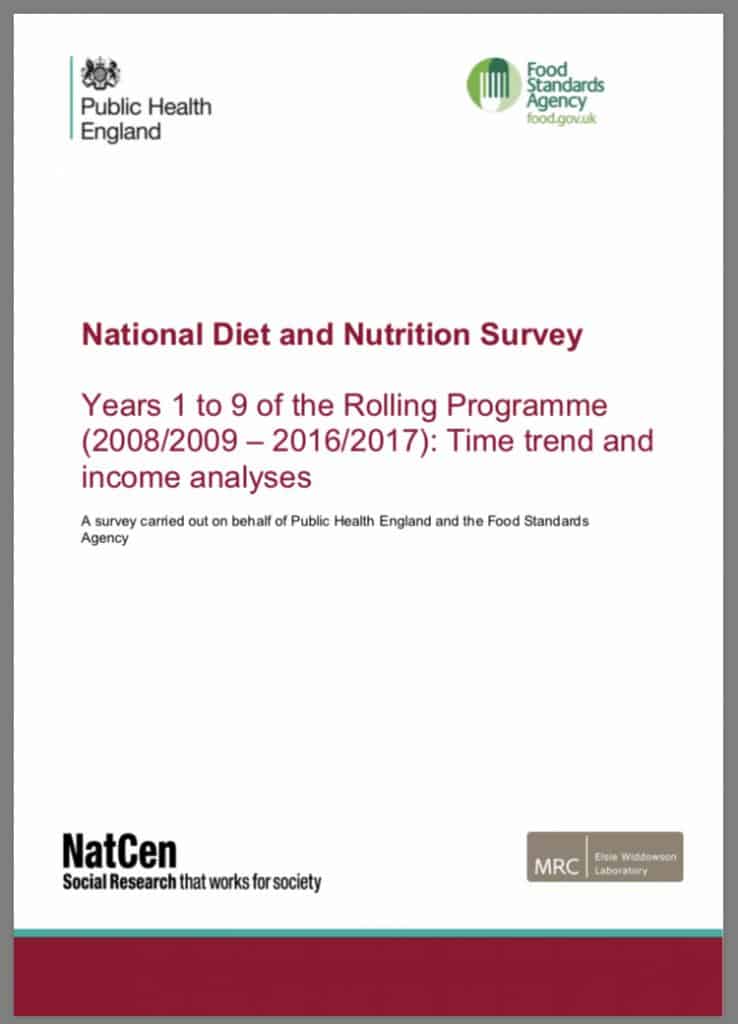
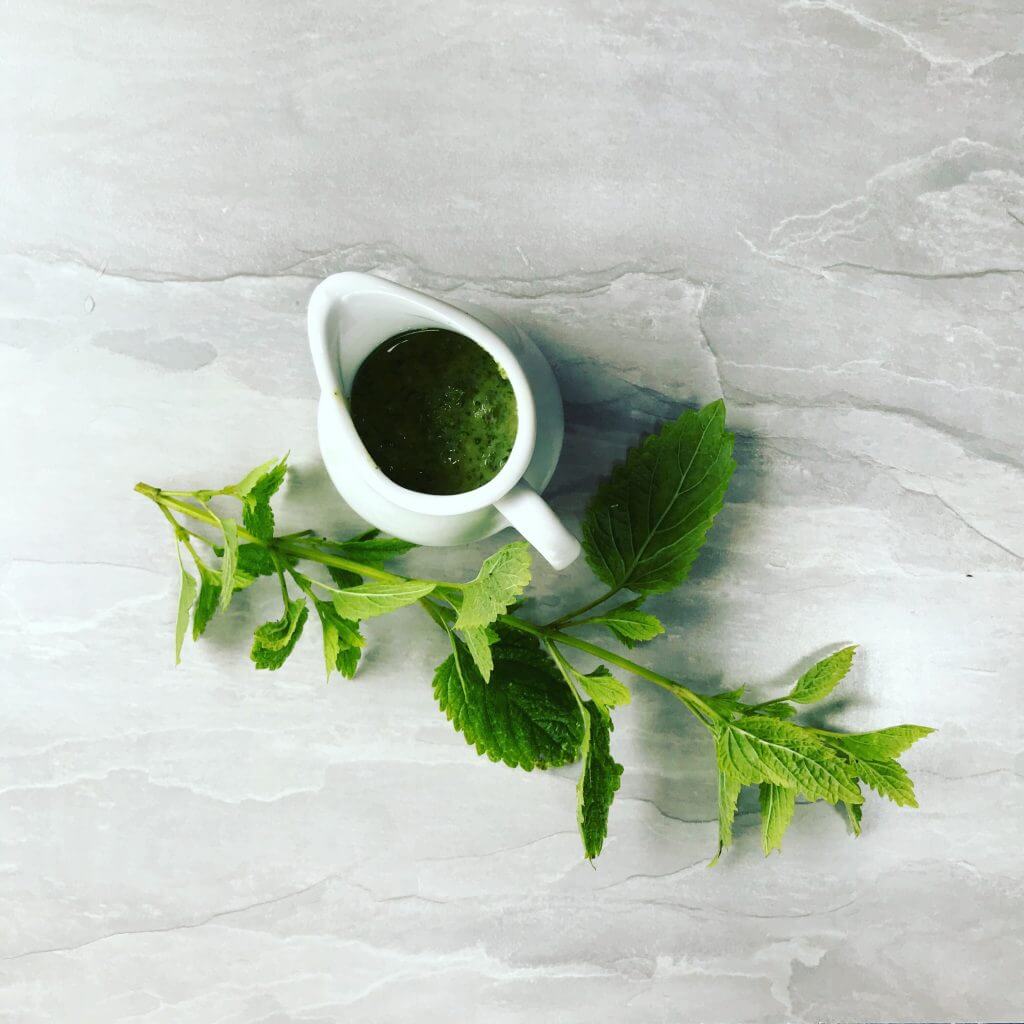
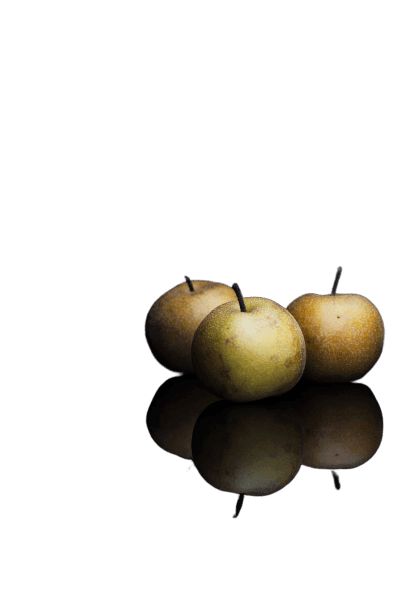

Ich genieße deinen Blog wirklich, ich benutze das für akne